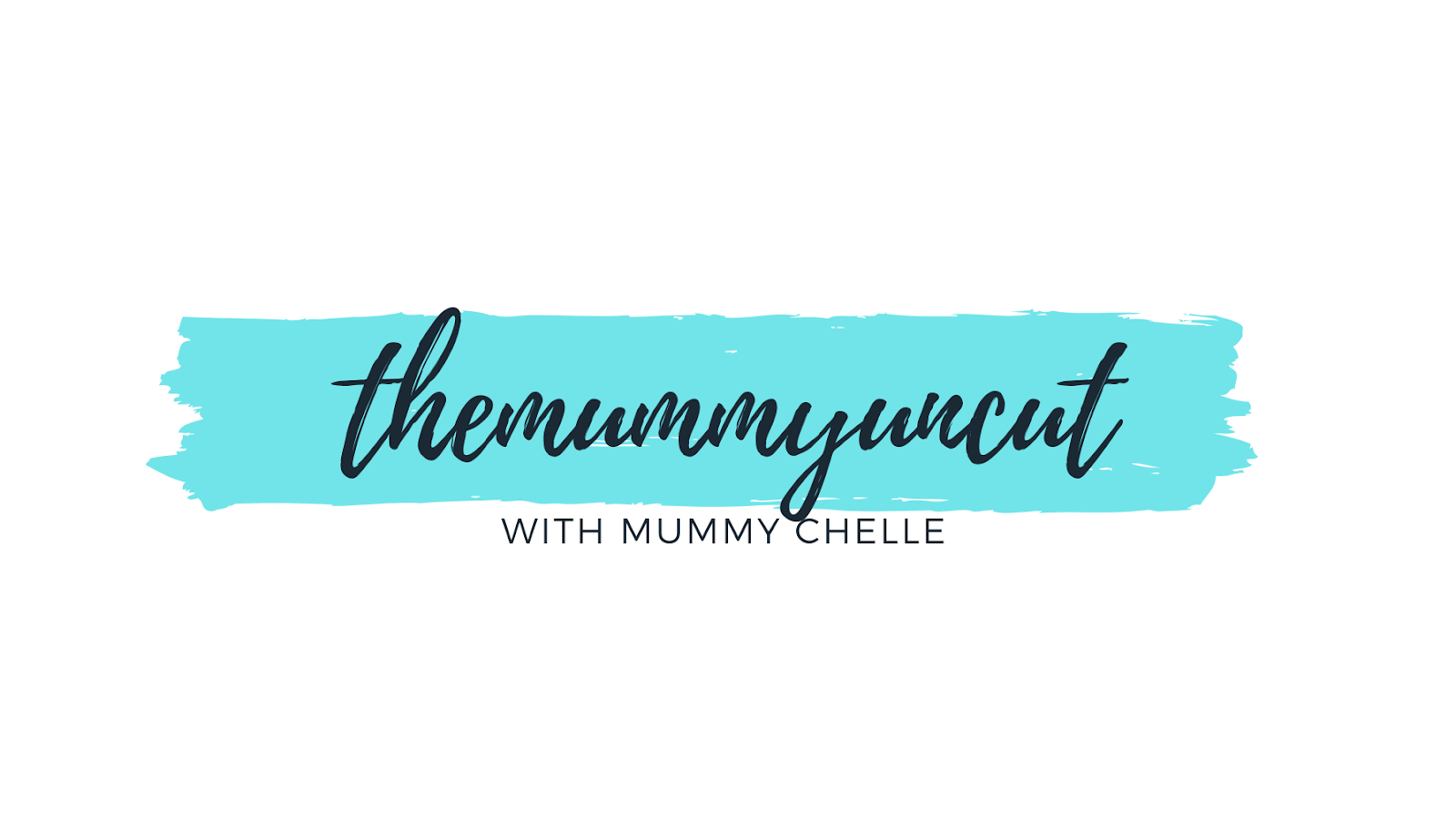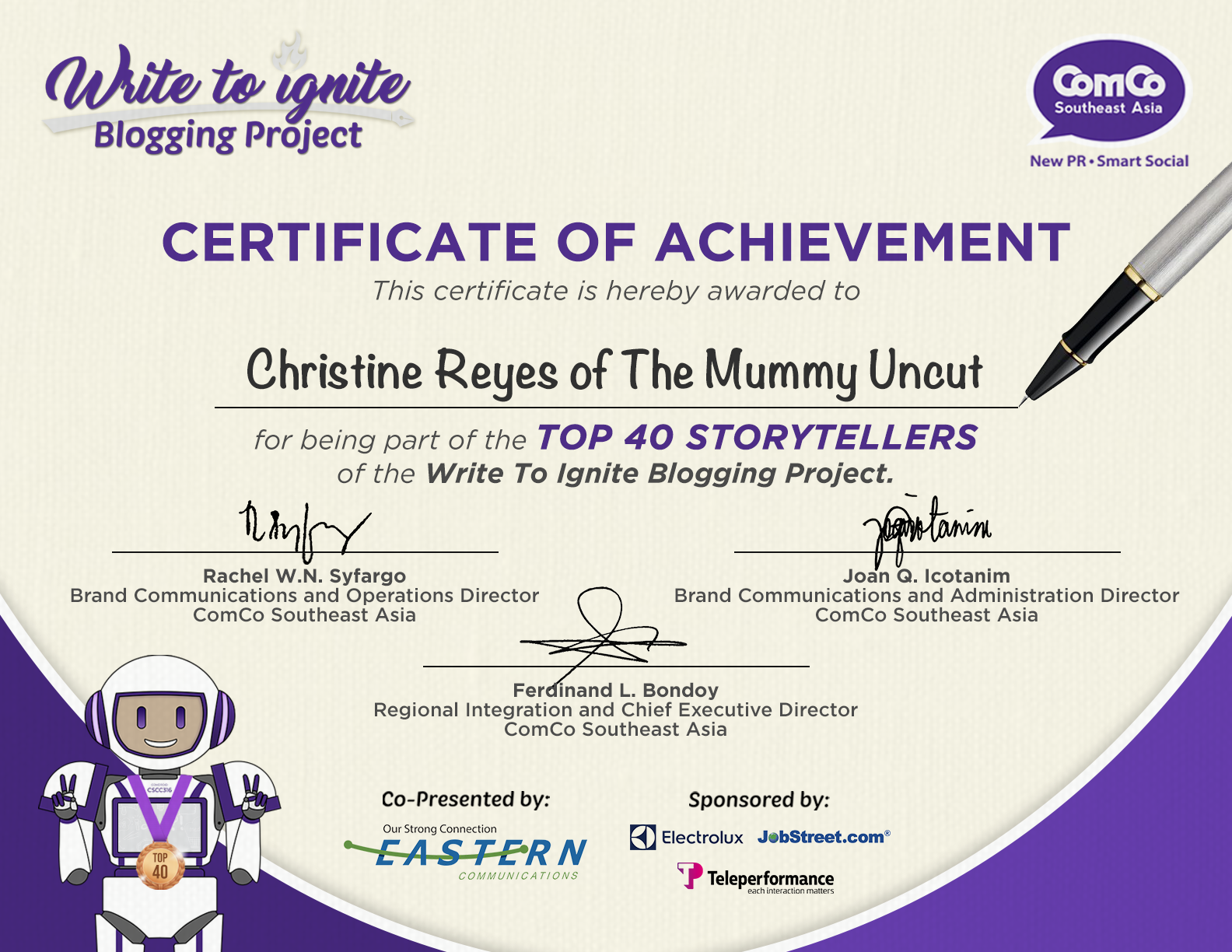We have already checked out a few playschools, but it seems that my boy still wants to enjoy learning elsewhere outside the confines of a classroom's 4 walls. He is only 2 anyway.
The mom who asked me was a bit worried because her child is unable to say any clear word at age 2. She said her child babbles and hums to tunes only and would not reach for a crayon or pencil and only wants to play with dolls.
Every child develops and learns at his or her own pace. I do not believe in comparing one child to another, but it would be good to know about the developmental milestones per age, so we can use them as a guide.
YOUR CHILD'S MILESTONES AT 2
At this age, your child's character will start to take shape. You will see tremendous changes in your toddler. The once quiet bub will now turn into a child in his or her, what most people call, "terrible twos." In one of my posts, I wrote about how it sometimes gets so difficult parenting a toddler, you may check out Top 10 Parenting Toddlers GIF.
But is it really that terrible? "adorable" is a better word, I believe. Here are some of the things to look out for when your toddler turns 2.
I found this site, Pathways.org, where you can check for a list of observable milestones for every developmental stage of your growing child.
Communication Skills
According to Pathways.org, by 24 months, your child should typically be able to:
- use 2-word phrases
- use simple pronouns (me, you, my)
- understand action words
- use gestures and words during pretend play
- follow 2-steps related instructions, e.g., "Please get your doll and put it on the bed."
- enjoy listening to stories
and by 24 months until he or she reaches 3, the following milestones are to be observed in your child,
by 30 months, a child is normally able to:
- Consistently uses 2-3 word phrases
- Use “in” and “on”
- speak, and at least 50% of speech is understood by a caregiver
- follow 2-step unrelated directions, e.g., “give me the ball and go get your coat.”
- understand basic nouns and pronouns
- understand “mine” and “yours”
By 36 months, a child is normally able to:
- ask “what” and “where” questions
- use plurals, e.g., “dogs”
- most speech is understood by a caregiver
- understand basic concepts including color, space, time
- understand “why” questions
- understand most simple sentences
At this stage, it would be good to introduce playschool activities but without the pressure to actually read or write. It is a time when your child learns best through play and sensory exploration. It would not hurt to introduce the use of flashcards to aid learning, but again, it is better to let the child enjoy and explore manipulative toys like puzzles, blocks, beads, etc.
These are as far as communication skills are concerned.
Here's a video of my 2-year-old learning his colors, shapes, and numbers.
Here's a video of my 2-year-old learning his colors, shapes, and numbers.
Motor Skills at 2
As your child is growing, the body and muscles also begin to develop and grow stronger; therefore, your child becomes more active during play. One moment, your child is running, another second, your kid may either be under or standing on a chair. This newfound strength and sense of independence are the reasons why they are called "terrible twos", but really, they are just adorable little ones exploring their world with so much excitement and eagerness.
Independence
Your 2-year-old is now more physically built to try climbing up or going through hurdles. Your toddler is now more confident playing on the monkey bars, trampoline, big slides, and ball pit.
It does not mean that we can let our kids out of our close watch. Your child enjoys this independence but still needs your loving guidance and support. You might notice your child asking for you to hold his or her hand when climbing up that really big slide. Your kid might even want to involve you in games or pretend play.
Psycho-Social Skills
With the increasing confidence that this age of independence has given your 2-year-old, you might think that your little one may be settled all on his or her own. But the thing is, if I may remind you, that your tiny human is still a little kid- a kid who will throw a fit when he or she does not get what he or she wants and may burst out into tantrums moments after you thought your child is having the best of time.
Psycho-social skills take time to develop. You may notice your child getting upset about the silliest and littlest things. Your child may not be able to easily express when he or she is upset about something, and this may be frustrating for your child and yourself.
Encourage your child to express what he or she feels. If your child is upset, let your child cry, telling your child to stop crying, will only make your child feel that he or she is not allowed to express himself or herself when needed.
However, do help your child to talk things out instead of just crying. You may say, "I know that you are upset, and it's ok to cry, but mommy cannot understand you when you are just crying, so tell mommy what you want or need."
You may ask, "Were you crying because I did not let you paint or because you did not want to eat?"
Validate your child's emotions even if you are upset yourself, you may say, "It upsets mommy that you did not want to eat. I know you are upset, but it's time for dinner, and you can paint some other time."
You may ask, "Were you crying because I did not let you paint or because you did not want to eat?"
Validate your child's emotions even if you are upset yourself, you may say, "It upsets mommy that you did not want to eat. I know you are upset, but it's time for dinner, and you can paint some other time."
It helps to talk to your child about your own feelings too, let your child know when you are happy about a thing he or she has done well, but do let your kid know if you are also upset about something. Always remember that at the end of the day, you are the responsible adult, and your two-year-old is just 2!
Know that these developmental milestones are just guides, and I will say it again, that children learn and develop at their pace. If there's anything that you find worrisome about your child, it would be good to check with your developmental pediatrician so that your doctor can advise if there is anything else that needs to be done to help aid your child's development.
Know that these developmental milestones are just guides, and I will say it again, that children learn and develop at their pace. If there's anything that you find worrisome about your child, it would be good to check with your developmental pediatrician so that your doctor can advise if there is anything else that needs to be done to help aid your child's development.




















No comments:
Post a Comment